(TN&MT) - This is the issue raised by Deputy Prime Minister Tran Hong Ha at the 2024 Vietnam Mekong River Commission Plenary Meeting held on the afternoon of December 18.
The conference was held to promote coordination between central ministries, branches and localities in the Mekong Delta and the Central Highlands in the management and sustainable use of water resources in the Mekong River basin. Deputy Prime Minister and Chairman of the Vietnam Mekong River Commission Tran Hong Ha chaired the conference.
The conference was also attended by the Permanent Vice Chairman of the Vietnam Mekong River Commission, Minister of Natural Resources and Environment Do Duc Duy. Vice Chairmen of the Vietnam Mekong River Commission; members of the Vietnam Mekong River Commission and leaders of the provinces: An Giang, Ben Tre, Ca Mau, Hau Giang, Long An, Soc Trang, Tien Giang, Vinh Long, Dak Lak, Dak Nong, Gia Lai, Lam Dong...
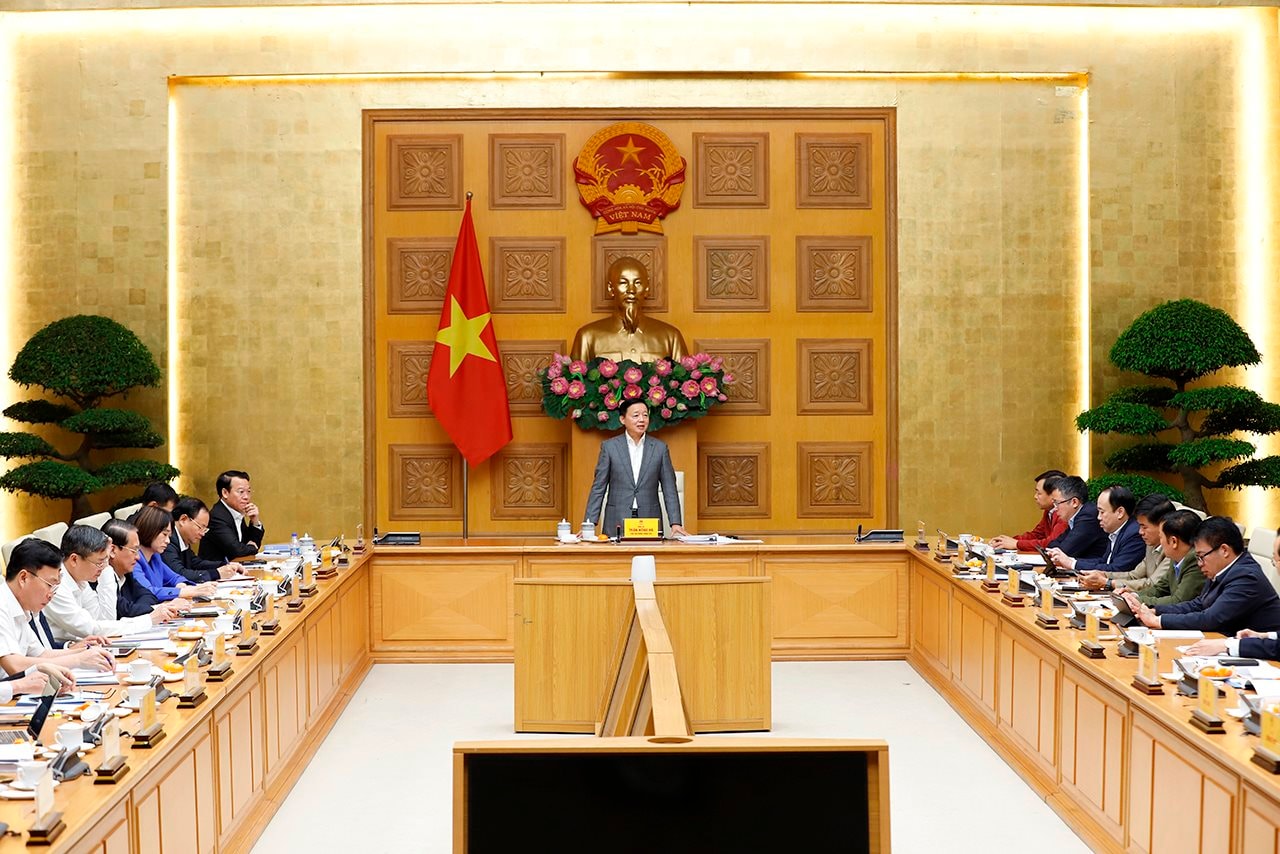
Vietnam Mekong River Commission clearly defines its mission in the new context
The Vietnam Mekong River Commission is an inter-sectoral coordination organization that assists the Prime Minister in directing and managing inter-sectoral, inter-provincial, and inter-national activities to effectively and sustainably manage and use water resources and related resources in the Mekong River Basin. This includes the Mekong River Basin and the Sesan-Srepok River Basin of Vietnam, in compliance with the provisions of the 1995 Agreement on Cooperation for the Sustainable Development of the Mekong River Basin, the Law on Water Resources, the Law on Environmental Protection, and related legal documents.
On May 8, 2020, the Prime Minister issued Decision No. 619/QD-TTg, stipulating the functions, tasks, powers and organizational structure of the Vietnam Mekong River Commission. Accordingly, the Commission is not only the focal point for Mekong cooperation and advising on upstream development issues as before, but also assumes the additional functions of the Mekong and Sesan - Srepok river basin organizations according to the Law on Water Resources.
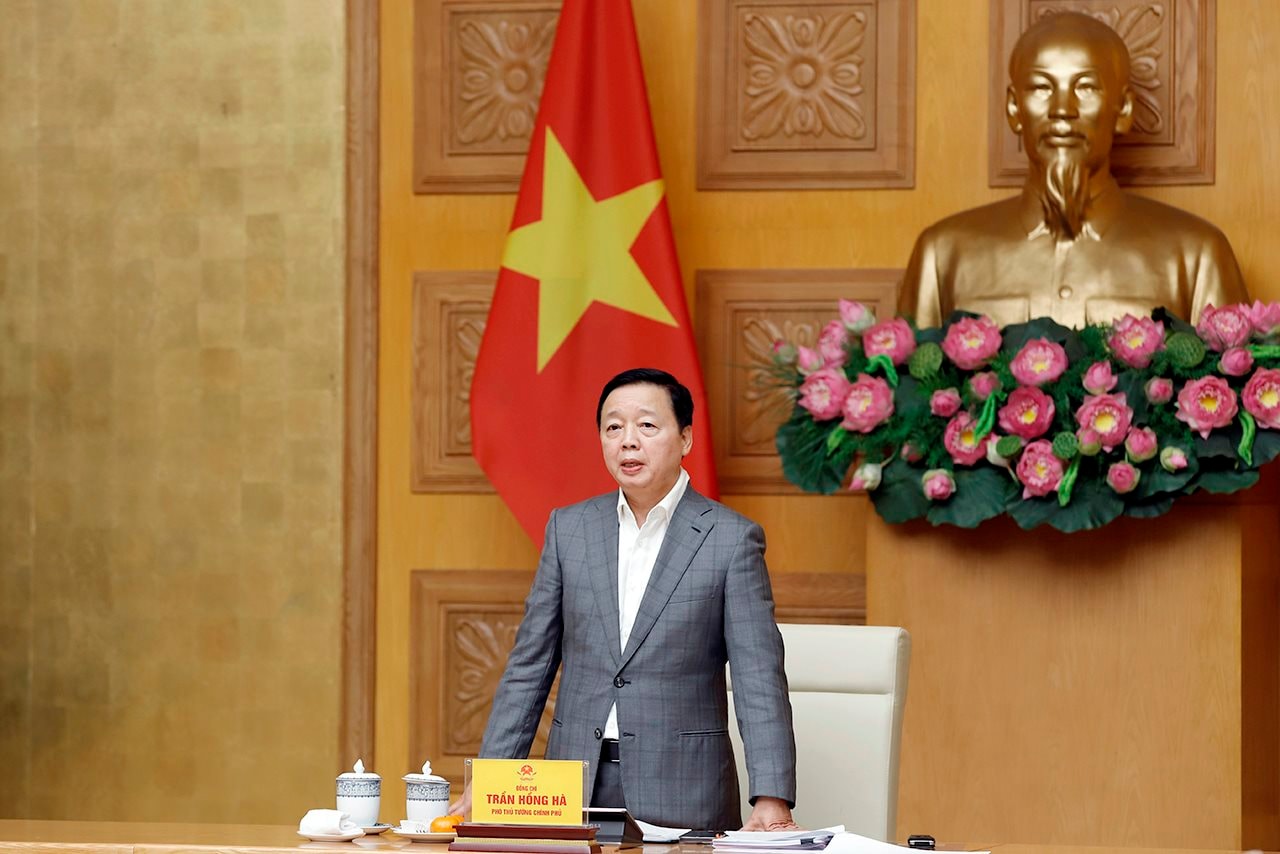
Speaking at the Conference, emphasizing the important role of the Vietnam Mekong River Commission in the international cooperation mechanism across the Mekong River basin, Deputy Prime Minister Tran Hong Ha asked the Commission members to frankly and comprehensively assess the Commission's operations in recent times, especially the requirement to innovate the organization and operating mechanism in the new context.
That is the emergence of many new cooperation mechanisms in the Mekong River basin (Mekong - Lancang, Mekong - United States, Mekong - Korea, Mekong - Japan, Ayeyawady - Chao Phraya - Mekong Economic Cooperation Mechanism (ACMECS); ensuring water security on cross-border rivers entering Vietnam; the whole country is implementing the arrangement and streamlining of the organization and apparatus with the principle "1 job cannot be assigned to 2 people..."
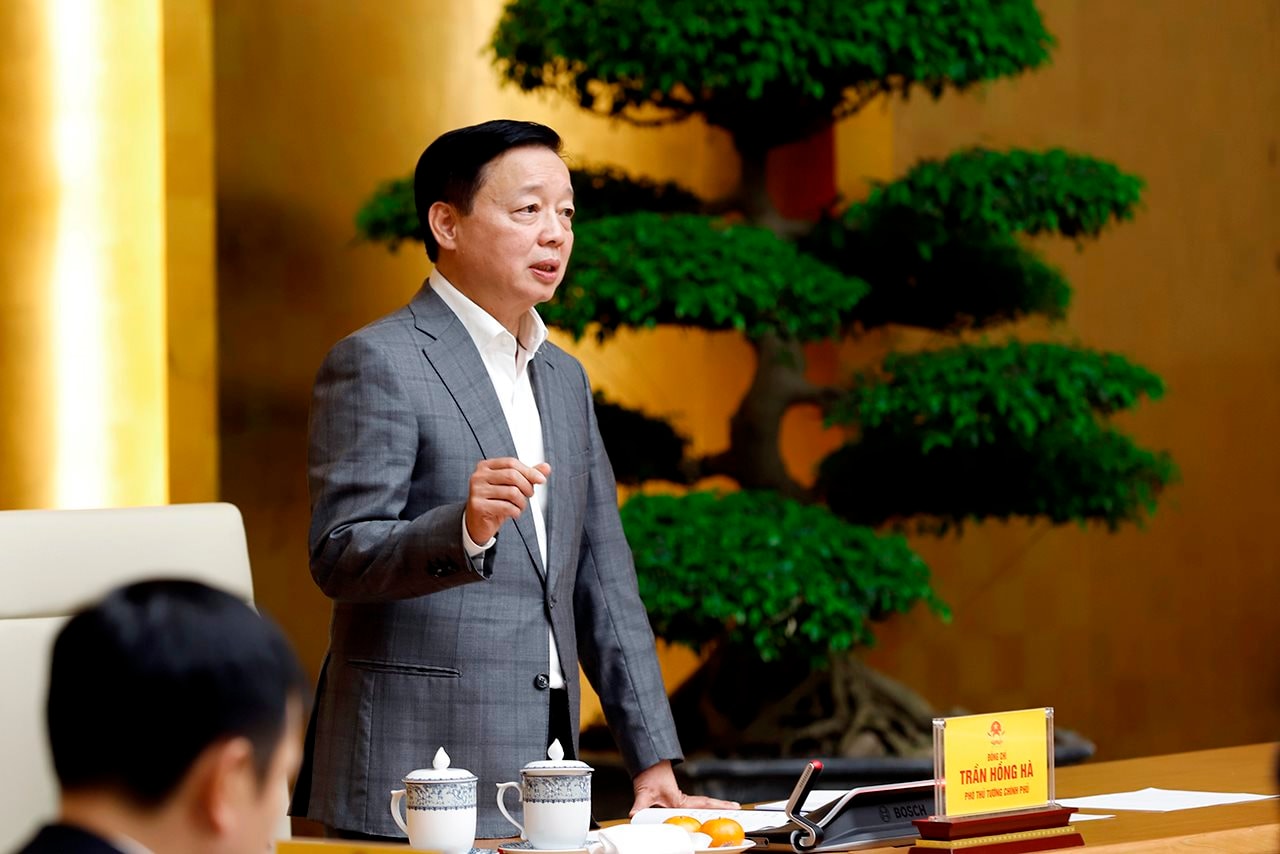
According to the Deputy Prime Minister, in the new period, the Vietnam Mekong River Commission must clearly define the mission, objectives and organizational model of a multi-sectoral, inter-local and inter-regional mechanism in the management and cooperation of Vietnam's transboundary river basins. The ultimate goal is that not only the Mekong Delta, but also other transboundary river basins flowing through Vietnam always share the best and most proactive water resources, avoid passivity, reduce the negative impacts and impacts from upstream exploitation and use activities, and climate change.
Multilateral cooperation mechanism has strategic significance for Vietnam
Speaking at the Conference, Minister of Natural Resources and Environment Do Duc Duy said that the Vietnam Mekong River Commission is responsible for cooperation activities within the framework of the international Mekong River Commission, a multilateral cooperation mechanism of strategic significance to Vietnam.
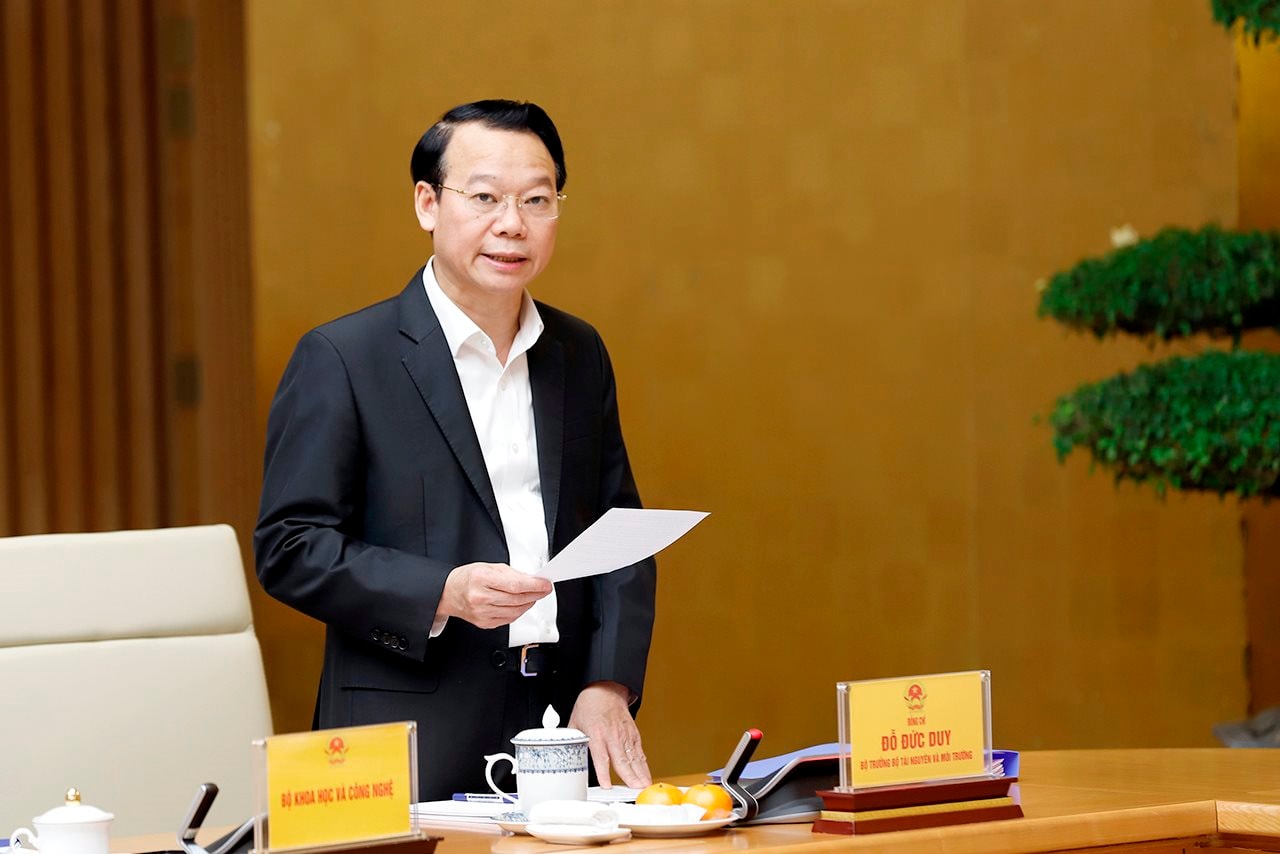
In the Mekong River basin, Vietnam has the Se San and Srepok rivers which are upstream to Cambodia, and the Mekong Delta is also the downstream of the Mekong River before flowing into the sea. The Mekong Delta plays an extremely important role in ensuring food security and national economic development, but is also facing many difficulties and challenges due to the impact of unusual developments of climate change, extreme weather events, and the impact of increased water exploitation and use from upstream countries of the Mekong River...
The impact of climate change has also caused consequences for the Delta in recent years, such as: Abnormal flood developments, mainly in small flood years, which do not ensure field hygiene and alluvial deposition; Increased drought, salinity intrusion deep into both surface and groundwater; Widespread land subsidence; Riverbank and coastal erosion occurring in most provinces of the Mekong Delta, threatening the stability of the Delta, seriously affecting the socio-economic life of people in the region.
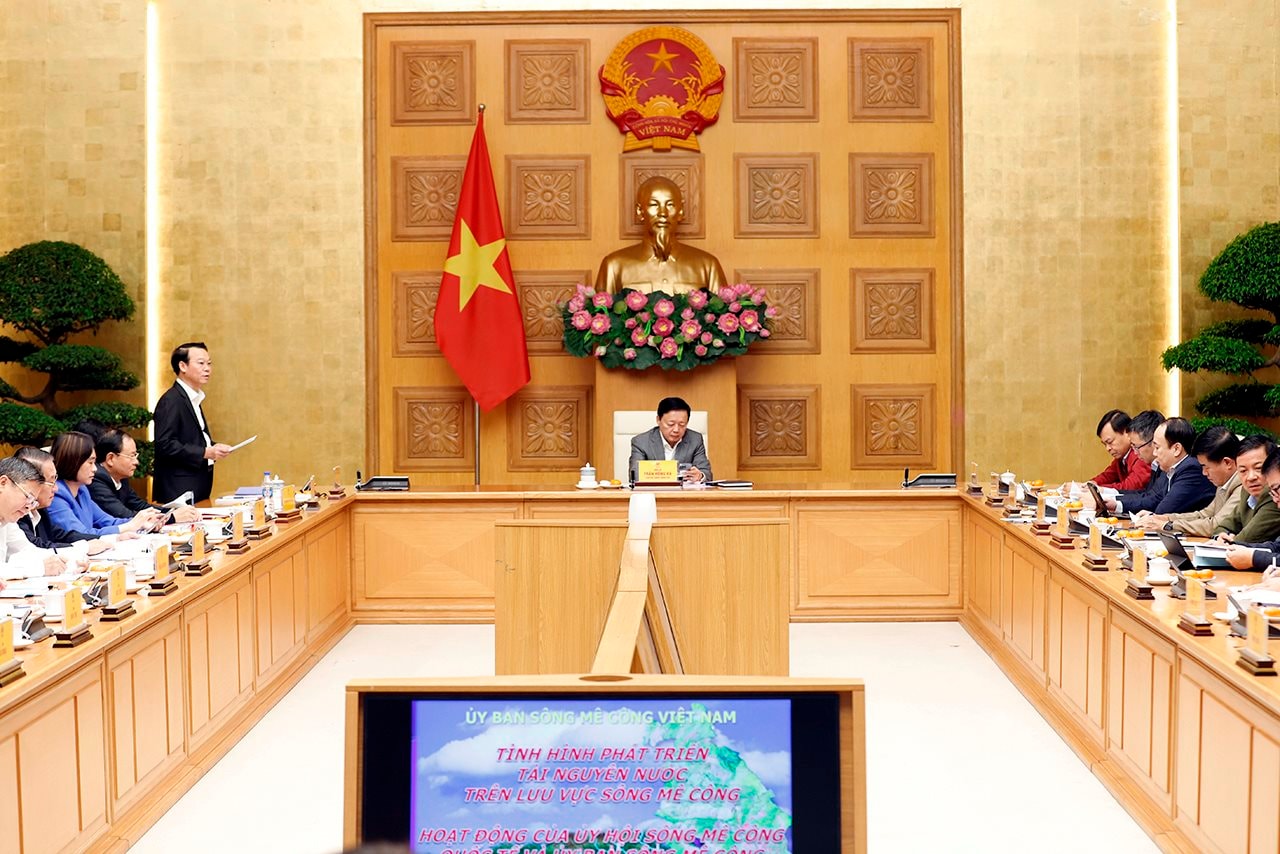
In addition, the Se San and Srepok river basins of the Central Highlands are also facing many challenges in exploiting and using water resources, increasing the development of hydropower, industry, irrigation water; overexploiting groundwater... in the context of climate change leading to some areas regularly facing problems such as floods, droughts, landslides, degradation of surface water and groundwater...
“In addition to the international cooperation function within the framework of the Mekong River Commission, the Vietnam Mekong River Commission has been assigned additional functions and tasks of a river basin organization for the Mekong River basin and the Se San - Sre Pok River basin. This is an important step forward, helping to comprehensively and uniformly manage the Mekong River basin in Vietnam, while improving the effectiveness of coordination in the management, use and protection of water resources throughout the basin, contributing to the sustainable development of the region,” said Minister Do Duc Duy.
At the Conference, through the moderation of Vice Chairman of the Vietnam Mekong River Commission Do Duc Duy, delegates expressed their opinions on the current challenges within the management scope of each ministry, sector, and locality; inter-sectoral, inter-provincial, and inter-national issues; and proposed the role and responsibility of the Vietnam Mekong River Commission in resolving difficulties and challenges to ensure effective management, exploitation, and protection of Mekong River water resources.


At the same time, propose priority orientations for the Commission's work program in 2025 and the next period, in accordance with practical requirements and sustainable development goals.
In addition, delegates also developed opinions to propose specific solutions to improve the operational efficiency of the Committee and the Standing Office, especially in the work of integrated river basin management and inter-sectoral and inter-local coordination.
Delegates speaking at the Conference
Early formation of a cooperative management mechanism for Vietnam's inter-border river basins
Concluding the Conference, Deputy Prime Minister Tran Hong Ha emphasized that the activities of the International Mekong River Commission and the Vietnam Mekong River Commission play an increasingly important role in the development of the Mekong River basin, with the attention, participation and contributions of major and developed countries in the world.
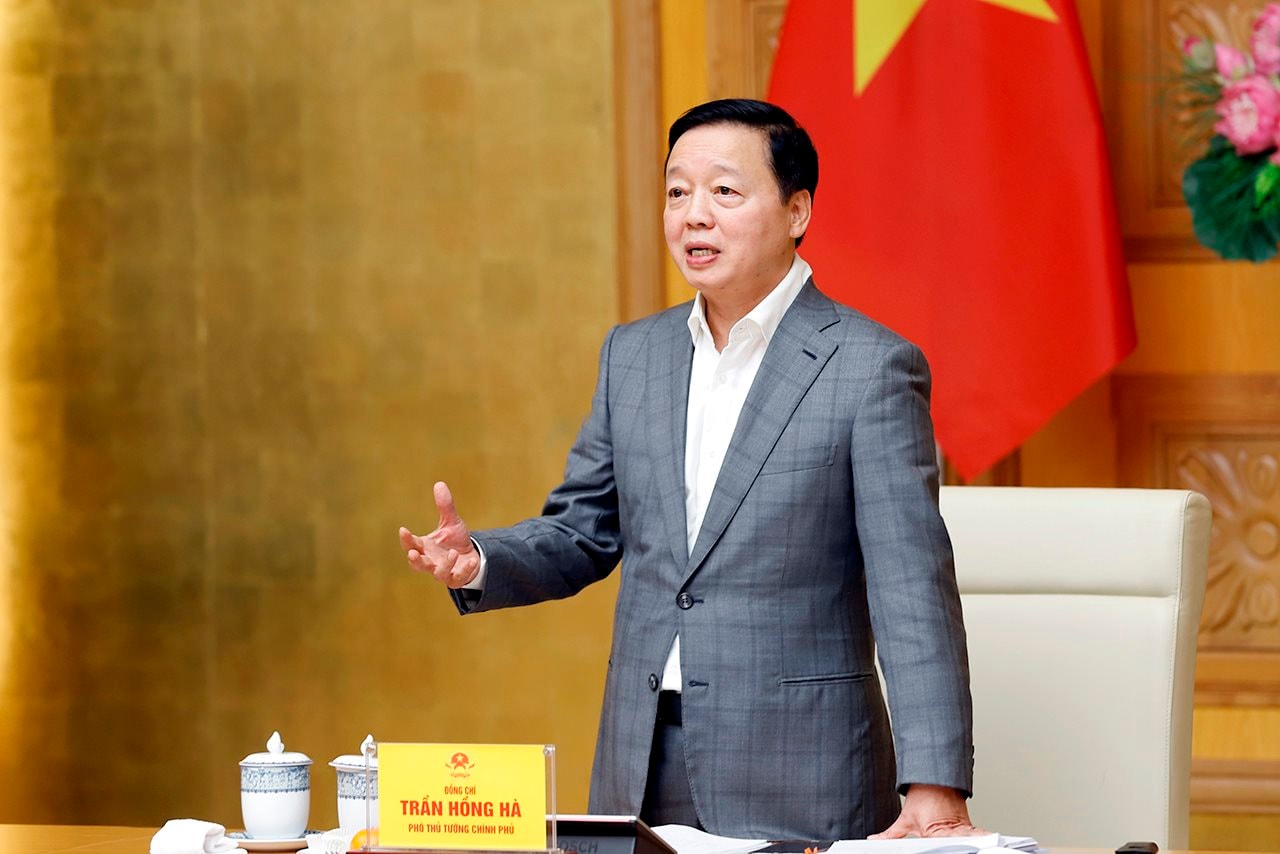
Pointing out the extreme impacts of climate change in the Mekong River basin, as well as transboundary rivers, are all related to water resources, the Deputy Prime Minister said that cooperation mechanisms, data sharing, establishment of a common monitoring system, consultation when implementing projects on the mainstream, investigation and assessment of the impact of upstream works on downstream... are of great significance to Vietnam. In addition, the context of the situation is intertwined with ensuring water security, environmental protection, biodiversity... with geopolitical, economic and diplomatic interests and influences.
This is both a challenge and an opportunity to innovate the organizational structure and improve the operational efficiency of the Vietnam Mekong River Commission to promptly grasp, deeply and comprehensively study the issues raised, propose solutions... and report to competent authorities on multilateral and bilateral cooperation mechanisms on transboundary river basins.
In the coming time, the Vietnam Mekong River Commission needs to continue to maintain, expand, and deepen current bilateral and multilateral cooperation mechanisms on data sharing, monitoring, environment, socio-economics, etc. The Vietnam Mekong River Commission needs to proactively participate in research and development of projects and strategies to ensure water security associated with freshwater, brackish water, and saltwater ecological zones, local socio-economic development, and ensure sustainable livelihoods for people.
For central ministries and branches, the Deputy Prime Minister directed that they should continue to closely coordinate and promptly exchange and share with the Committee updated information on development plans in the basin within their respective ministries and branches, and propose cooperation initiatives, especially multilateral cooperation initiatives; proactively coordinate closely with the Committee to implement specialized tasks, focusing on monitoring and evaluating water resources developments and managing the exploitation and sustainable use of water resources in the Mekong River basin. The Deputy Prime Minister assigned the Ministry of Foreign Affairs to preside over matters related to bilateral and multilateral diplomatic cooperation mechanisms; the Ministry of Natural Resources and Environment to preside over matters related to technical research; the Ministry of Planning and Investment and the Ministry of Finance to preside over matters related to finance and investment in solutions and initiatives.
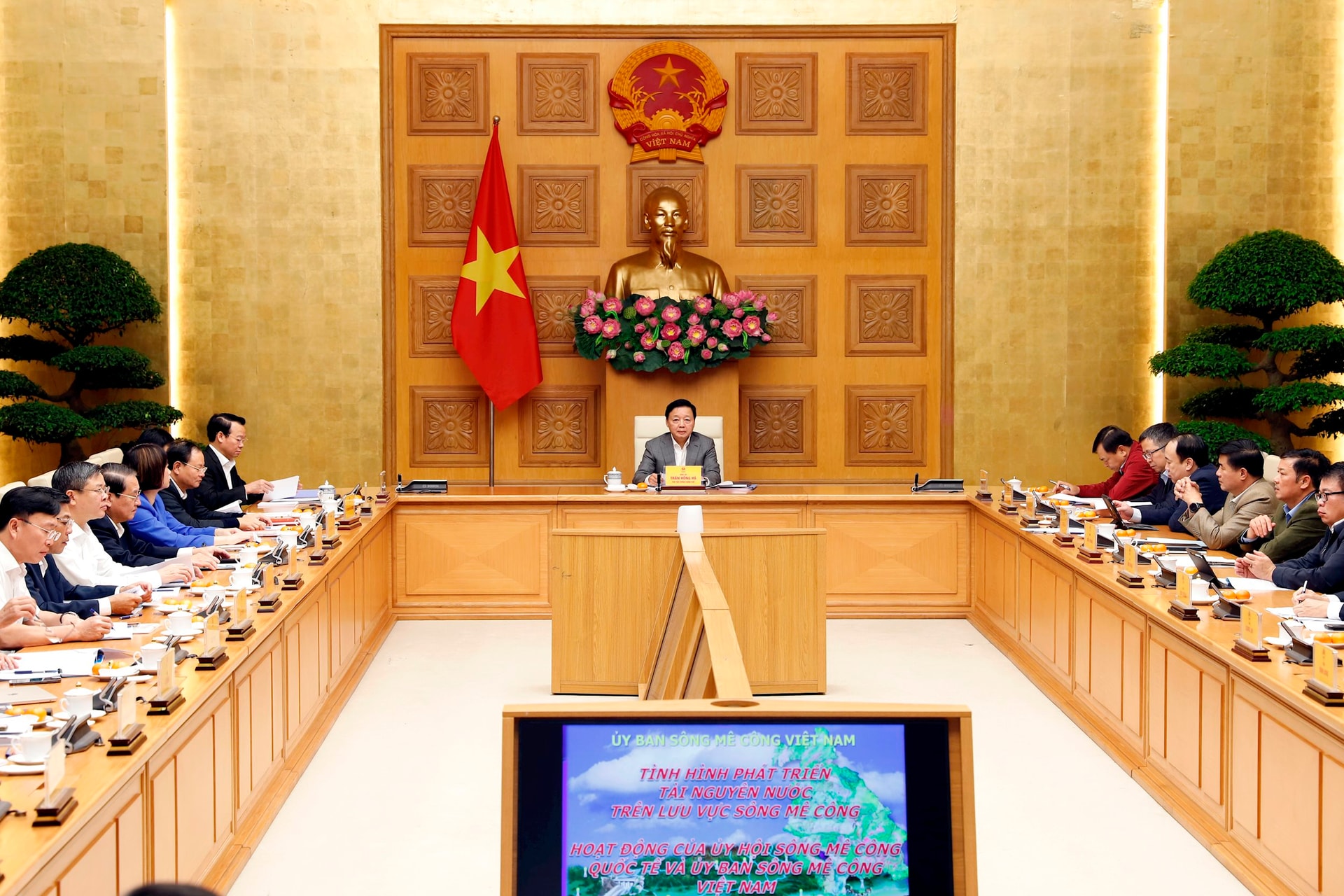
For localities in the Mekong Delta and the Central Highlands, the Deputy Prime Minister suggested proactively monitoring and assessing impacts from upstream, while closely coordinating with the Committee and ministries and sectors to develop and implement effective response programs to drought, saltwater intrusion, water resource depletion and inter-sectoral challenges. Localities also need to proactively share and inform the Committee about local issues, to discuss and jointly find appropriate and effective solutions.
Source: https://baotainguyenmoitruong.vn/xay-dung-co-che-quan-ly-hop-tac-cac-luu-vuc-song-lien-bien-gioi-cua-viet-nam-384696.html







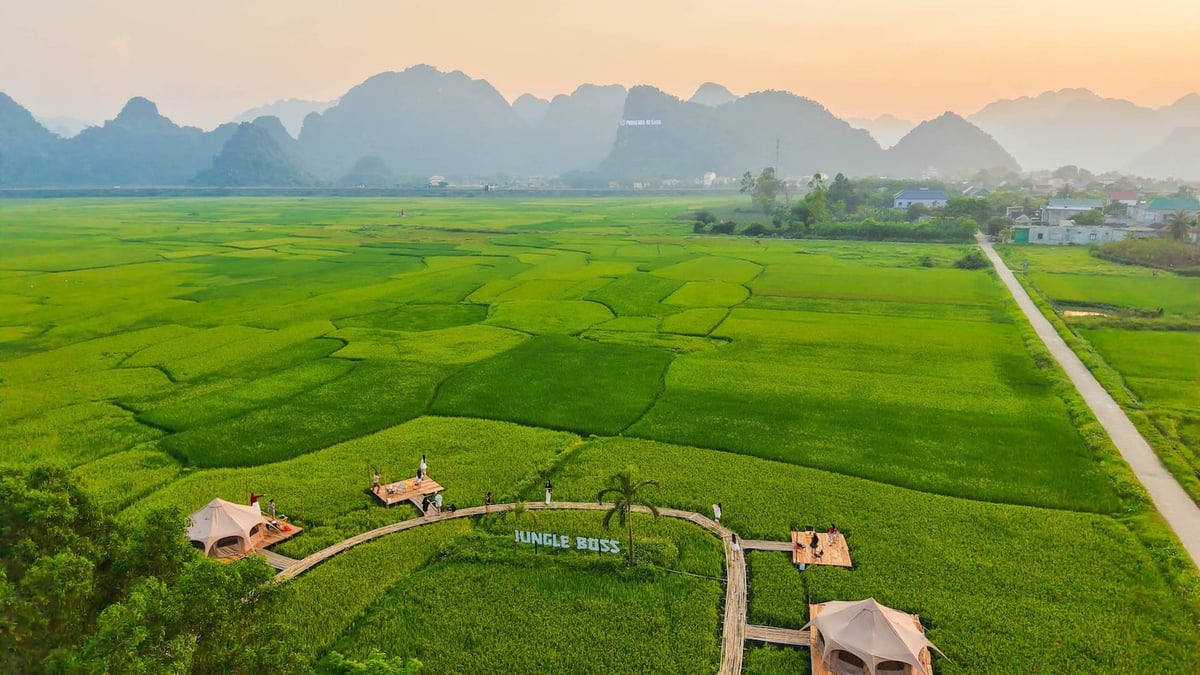







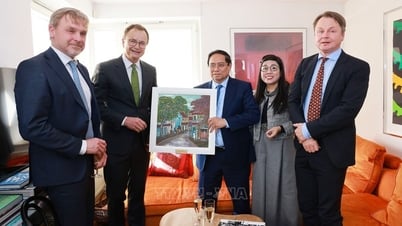


















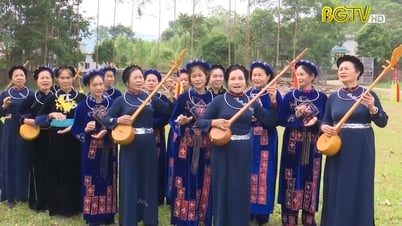









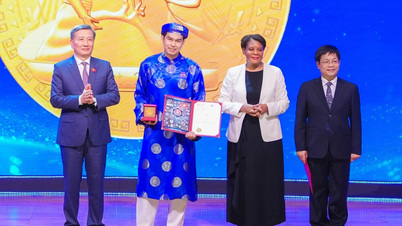






















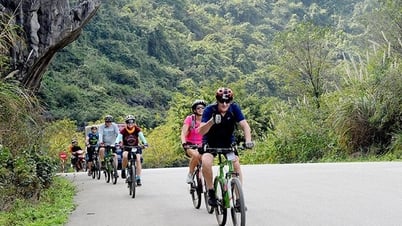
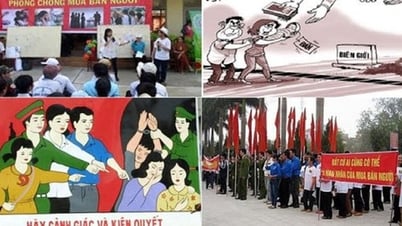
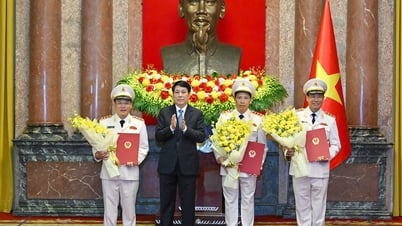

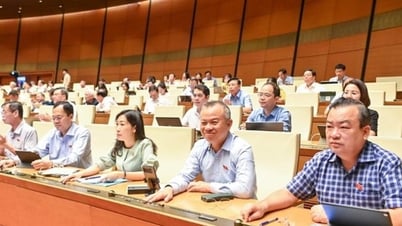





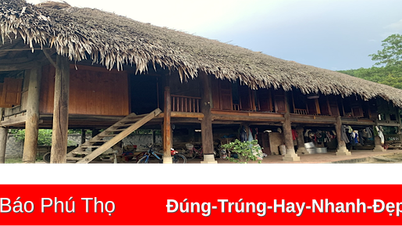




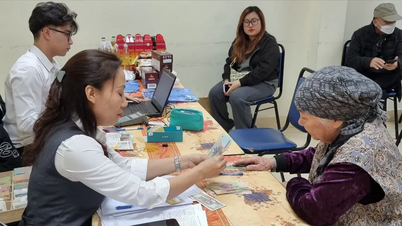






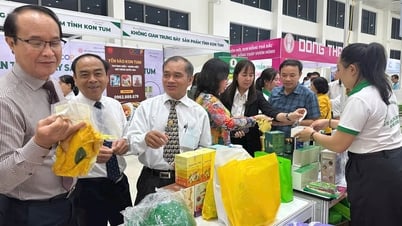



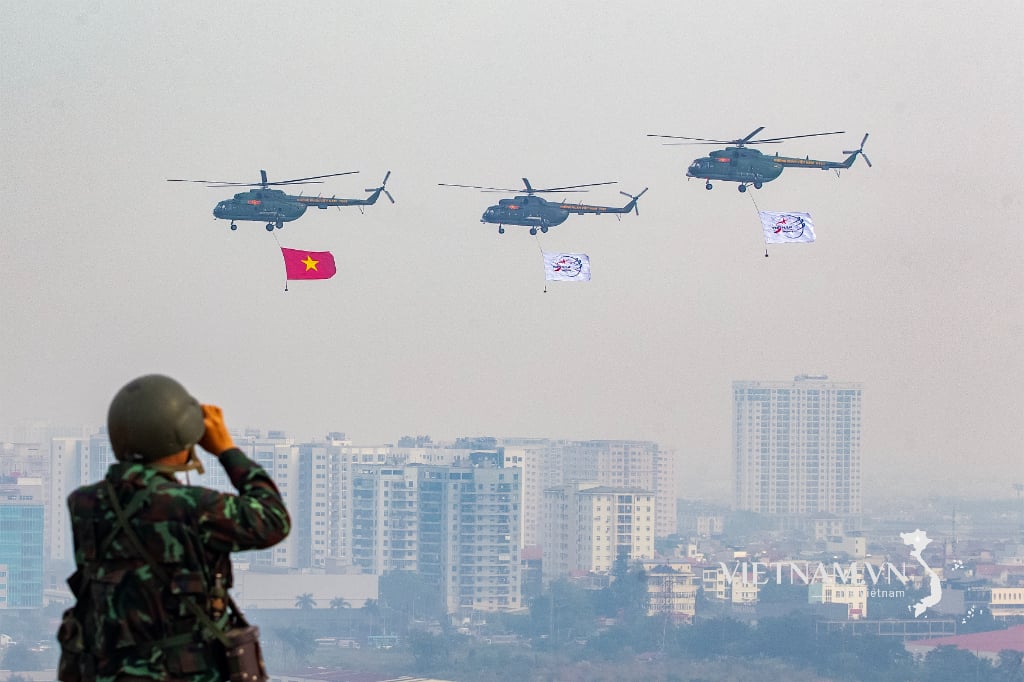


Comment (0)